
AAUW International Fellowships for Women Scholarship Information: Important: For 2019 competition, the December 1, 2019, by 5:00 p.m., the deadline Central Time Applications are open August 1–November 1 The AAUW is one of the nation’s largest sources of private funding exclusively for educational programs that directly benefit women and girls.The International Fellowship program has been in existence since 1917 AAUW International Fellowships are awarded for full-time study or research to women who are not U.S. citizens or permanent residents. Both graduate and postgraduate study at accredited institutions are supported. Several fellowships are available for study outside of the U.S. Fellowships support one year of study in the United States at the Master's, PhD or Postdoctural level. To qualify for this scholarship, interested students must meet the following eligibility criteria:
- International Fellowships are NOT open to previous recipients of any AAUW national fellowship or grant (not including branch or local awards or Community Action Grants). Members and officers of the AAUW Board of Directors are not eligible to apply for fellowships and grant awards. AAUW staff or volunteers with decision-making authority who wish to apply for an award must recuse themselves from the decision-making process.
- Unsuccessful applicants may reapply.
- Have citizenship in a country other than the United States or possession of a nonimmigrant visa if residing in the United States. Women holding dual citizenship in the United States and another country or who are permanent legal residents of the United States are not eligible.
- Hold an academic degree (earned in the United States or abroad) equivalent to a U.S. bachelor’s degree completed by September 30, 2017.
- Intend to devote herself full-time to the proposed academic plan during the fellowship year
- Intend to return to her home country to pursue a professional career
- Be proficient in English. Unless the applicant can verify that her native language is English, that she received her secondary diploma or undergraduate degree from an English-speaking institution, or that she will have completed one semester of full-time study in her discipline at an English-speaking college or university between October 2015 and September 30, 2017 (transcript required for validation), she must upload a recent ETS TOEFL* (Test of English as a Foreign Language) score (no older than December 2015). Institutional TOEFL scores and other English proficiency test scores (such as IELTS) will not be accepted. Minimum score acceptable: 550 for Paper-Based Test (TOEFL PBT); 79 for Internet-Based Test (TOEFL iBT); 60 for Revised TOEFL Paper-Delivered Test.
- Master’s/first professional degree and doctoral applicants must have applied by December 1, 2018, to an accredited institution of study for the period of the fellowship year and must indicate the name of the institution in the International Fellowship application.
- Master’s/first professional degree fellowships are intended for master’s or professional degree-level programs such as J.D., M.F.A., L.L.M., M.Arch., or medical degrees such as M.D., D.D.S., etc.
- Doctoral fellowships are intended for doctorate degrees, such as Ph.D. or Ed.D.
- Postdoctoral applicants must provide proof of their doctorate degree; hold a doctorate classified as a research degree (e.g., Ph.D., Ed.D., D.B.A., D.M.) or an M.F.A. by December 1, 2017; and indicate where they will conduct their research.
- Master’s/first professional degree and doctoral applicants must be enrolled in a U.S. accredited institution located in the United States during the fellowship year.
- A limited number of awards are available to GWI members for study or research in any country other than their own. Note that foreign branches of U.S. institutions are considered outside of the United States.
- Applicants must be conducting a full year of study or research. International Fellowships do not provide funding for a partial year of study or research. Programs ending prior to April of the fellowship year are not eligible.
- Master’s/first professional degree and doctoral fellowships support traditional classroom-based courses of study at colleges or universities. This fellowship program does not provide funding for distance-learning or online programs or for degrees heavily dependent on distance-learning components. Final decisions about what constitutes distance learning under these fellowships will be made by AAUW.
For 2019 competition, the December 1, 2019, by 5:00 p.m., the deadline Central Time
Important guidelines on how to apply for the fellowship:- Read and follow all guidelines. Many proposals are disqualified each year because applicants omit a key step in the guidelines or ignore instructions. If the applicant is unsure whether she is qualified to apply, e-mail aauw@applyists.com for assistance.
- Proofread all work thoroughly. Proposals that are unclear or contain numerous mistakes distract the reviewer from focusing on the content and reflect poorly on the author’s ability to produce a high-quality product. Check to be sure that sentences are complete, clear, and grammatically correct.
- Have someone else read the completed proposal. An objective reader can often identify areas that need more explanation and may find errors the applicant has overlooked.
- Be concise. Reviewers must read dozens of proposals. Proposals that are clear and concise are more compelling.
Scholarships are not only for the smart students. Anyone can get scholarships

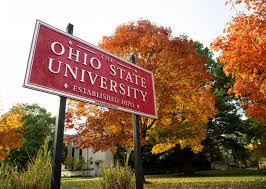


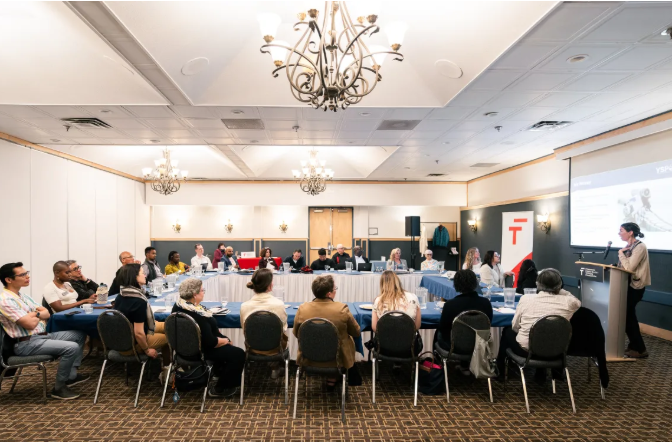
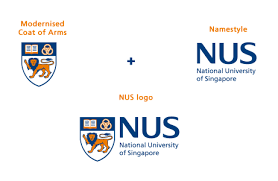

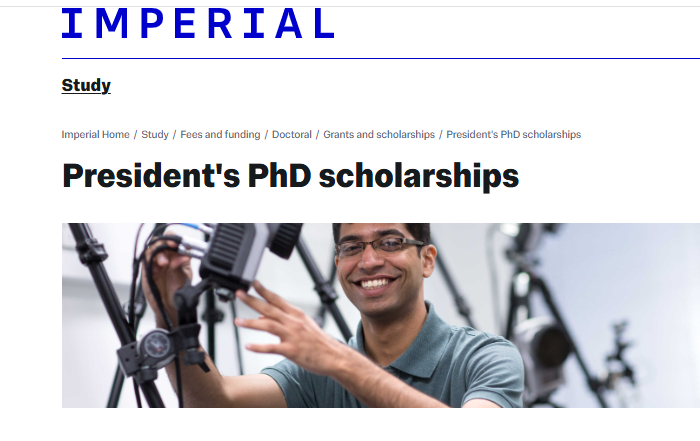
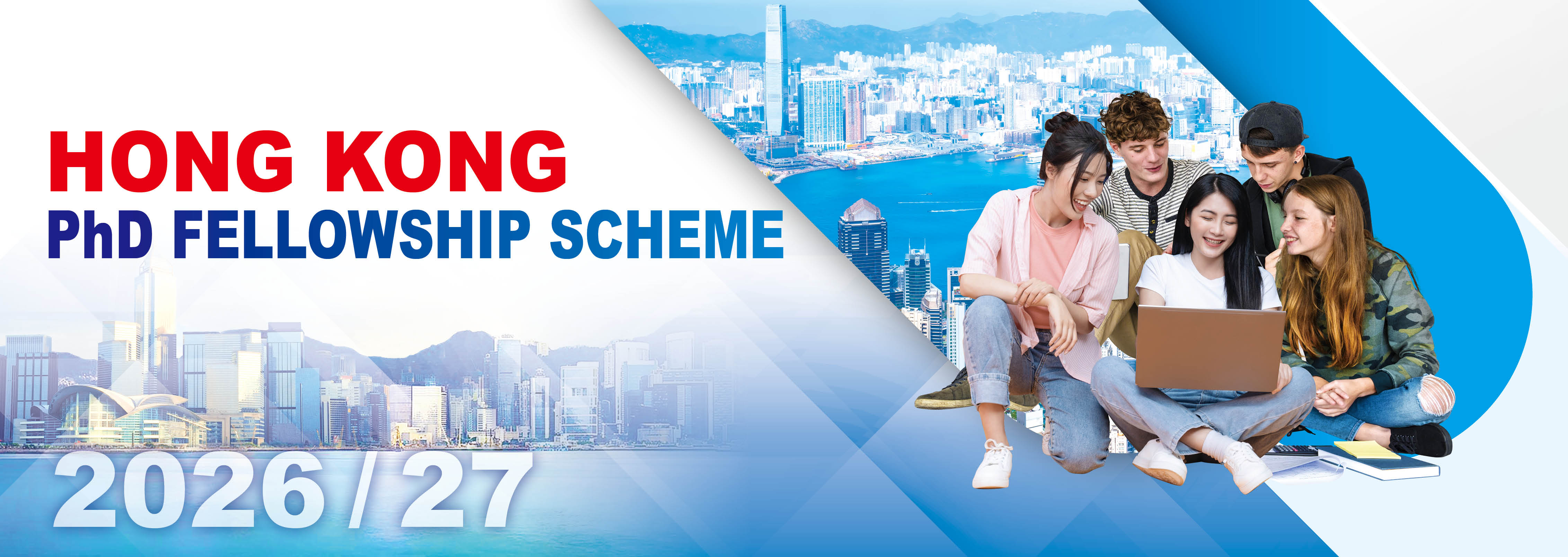
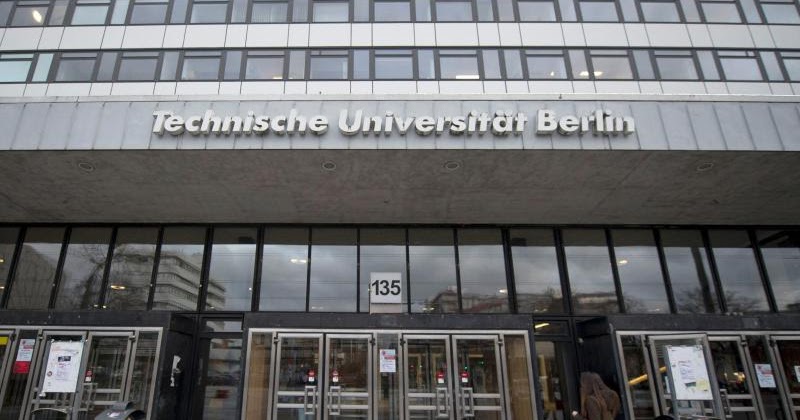
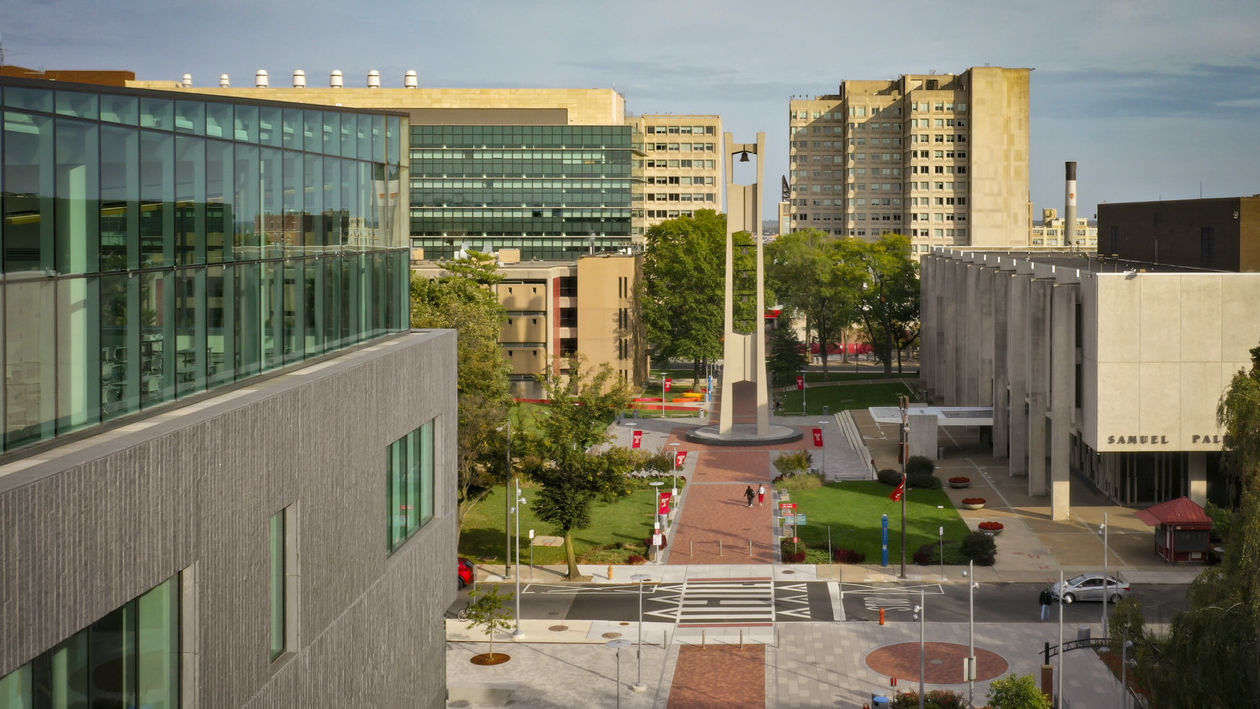
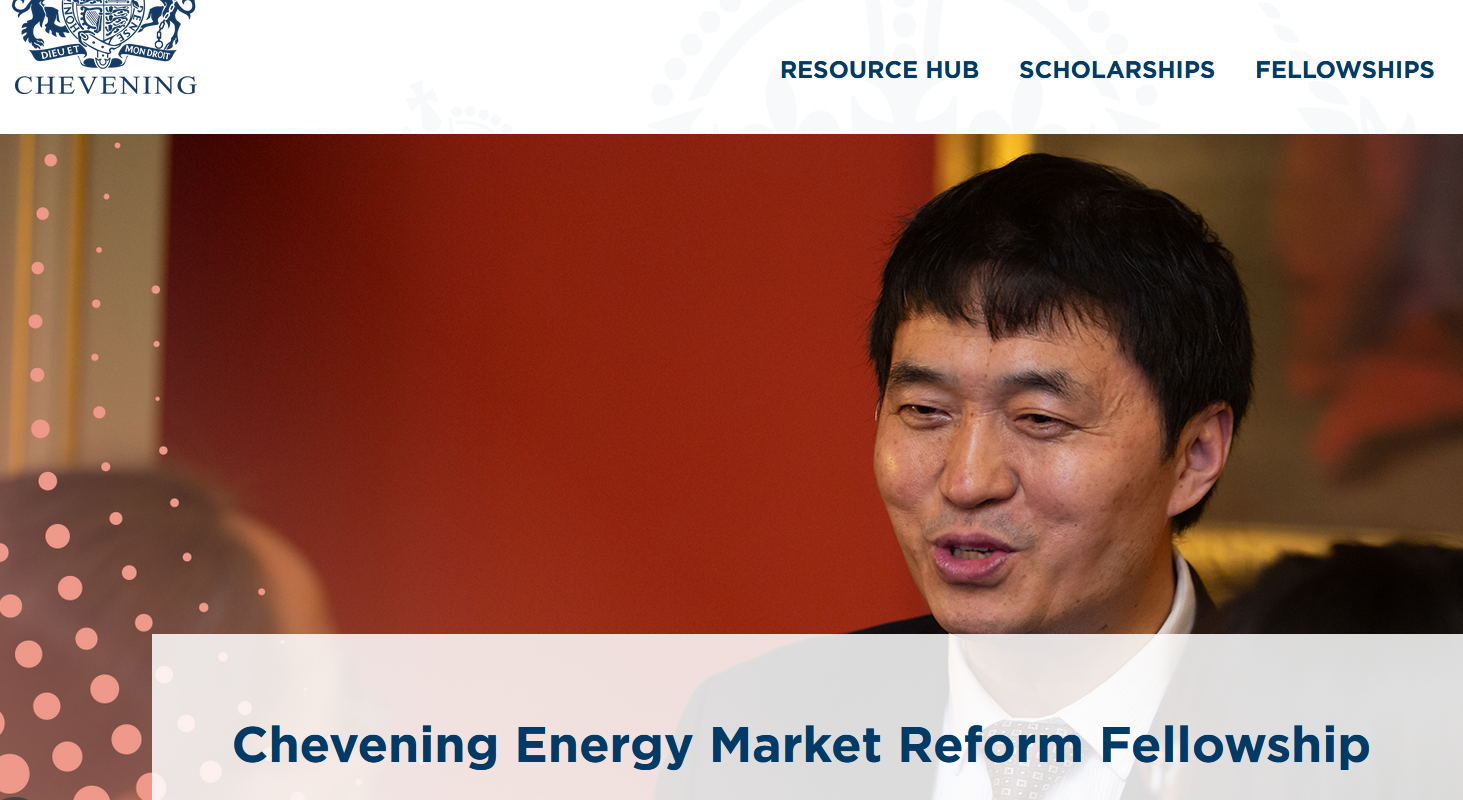

Have a Question about this Scholarship?